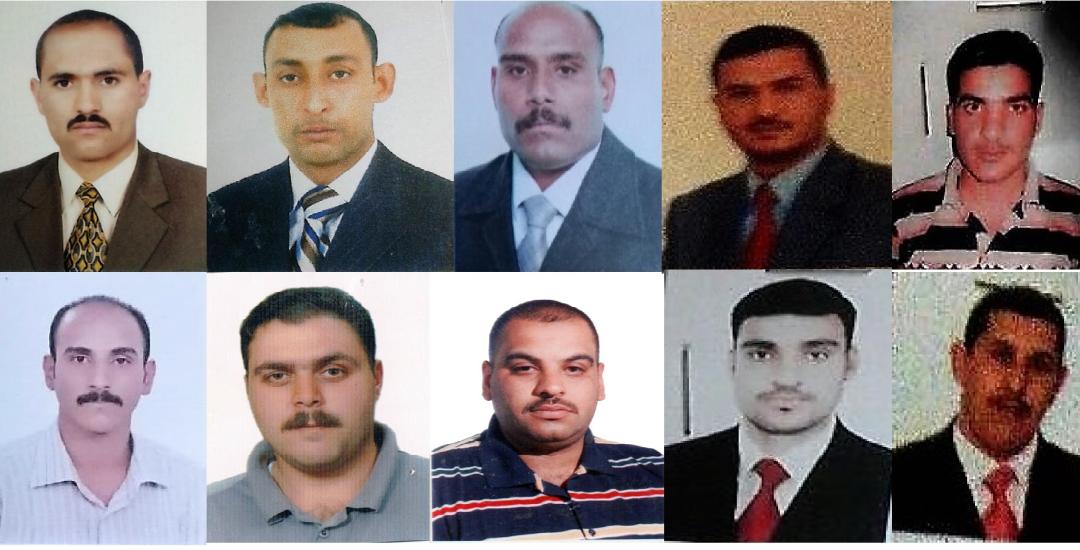
(Geneva, January 31, 2019) – In January 2019, Alkarama was officially informed of the release of 37 individuals between mid-2018 and early 2019, who were employees of former Vice-President Tariq Al Hashimi and imprisoned since 2011-2012.
In 2017 and 2018, upon Alkarama’s request, the United Nations Working Group on Arbitrary Detention (WGAD) issued two decisions qualifying the detention of 43 former employees of Al Hashimi or persons with alleged personal connections as “arbitrary”. In its decisions, the UN group concluded that these individuals had been victims of “collective punishment” and “guilt by association”. It further stated that it was difficult for the UN experts “not to conclude that they have been caught up in apparently neutral but actually discriminatory wheels of justice”.
The UN experts also stressed that the victims’ detention constituted a form of discrimination as they were all targeted because they were perceived as close to Al Hashimi. While most of the arrestees worked for the former vice-president, some were targeted merely for being relatives of his employees or for having had their names cited in confessions extracted under torture.
To date, the Iraqi authorities have failed to implement these two UN decisions and release all those who remain detained arbitrarily – including a number of whom are currently on death row –, in violation of international human rights law. The first to be released was Rasha Al Husseini – Al Hashimi’s secretary –, on October 4, 2017. She had spent six years in prison after she was sentenced to death on the basis of confessions extracted under severe acts of torture, including sexual abuse.
Alkarama therefore reiterates its calls to the Iraqi authorities to uphold their international obligations by implementing both WGAD Opinions that recognise the arbitrary character of the individuals accused of real or perceived ties with Tariq Al Hashimi. The authorities must therefore release all individuals who remain in detention.
Background
Tariq Al Hashimi served as vice-president of Iraq between 2006 and 2014, during which time he became one of the key figures in the opposition to former Prime Minister Nouri Al Maliki, who was criticised because of his sectarian policies and his concentration of power. On December 20, 2011, Iraqi officials issued an arrest warrant for Al Hashimi over suspected links to terrorism based on confessions the government said it obtained from his bodyguards.
Al Hashimi had fled to the Kurdish autonomous region on December 18, 2011 before seeking refuge in Turkey, where he currently resides. While in exile, he publicly resigned from the vice-presidency on December 30, 2013. The members of his staff who remained in the country were found guilty by association and arrested.
Following the arrests – which were conducted outside of any legal framework – they were all taken to secret locations for the purpose of interrogation and prevented from contacting their families and lawyers for several months. While secretly detained, they were exposed to severe acts of torture – including beatings, electrocution, and waterboarding – with the primary objective of obtaining incriminating confessions, which were later used in court as the sole source of evidence.They were then sentenced by the Central Criminal Court of Iraq (CCCI) – a court which does not meet international standards of due process – to penalties ranging from 15 years of imprisonment to capital punishment under the repressive and broad Anti-Terrorism Law No. 13 of 2005.
For more information or an interview, please contact media@alkarama.org (Dir: +41 22 734 1008).
